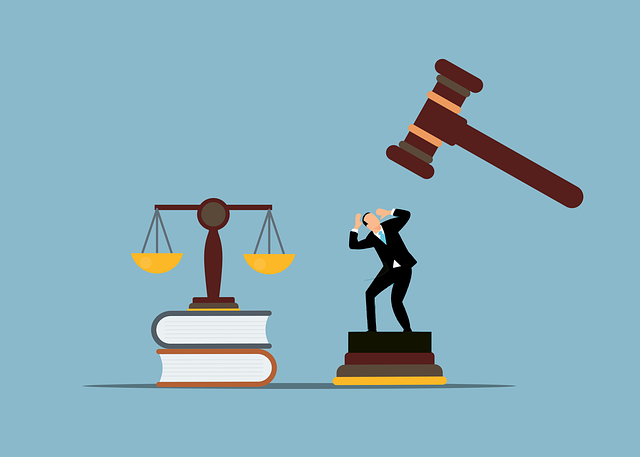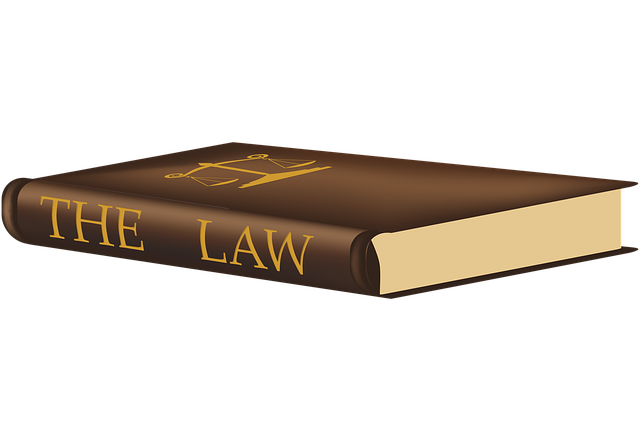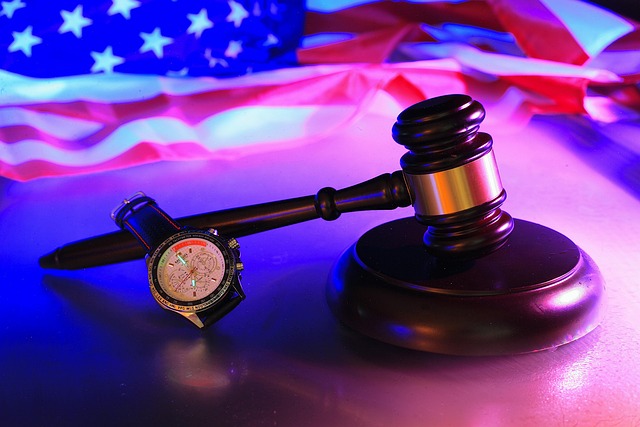Personal injury lawsuits seek justice and compensation for harm caused by negligence or intentional actions. Key principles include duty of care, liability assessment, causation, and damages. Robust evidence gathering is crucial, along with meticulous record-keeping. Consulting an experienced attorney providing personal injury legal advice is vital for navigating procedures, understanding rights, and building a strong case, especially in complex incidents like nursing home abuse or slip and fall cases.
Seeking personal injury legal advice is crucial for building strong lawsuits and securing optimal compensation. This comprehensive guide delves into key principles governing personal injury claims, emphasizing understanding the law and gathering compelling evidence. We explore legal procedures, offering insights on navigating the process effectively. Whether you’re a victim of negligence or assault, this article equips you with vital information to foster successful outcomes in your personal injury case.
- Understanding Personal Injury Lawsuits: Key Principles
- Gathering Evidence: Building a Compelling Case
- Navigating Legal Procedures for Optimal Compensation
Understanding Personal Injury Lawsuits: Key Principles

Personal injury lawsuits are a crucial aspect of seeking justice and compensation for harm caused by another party’s negligent or intentional actions. When navigating these complex legal waters, understanding the foundational principles is essential. At its core, personal injury law revolves around the concept of liability, which determines responsibility for an individual’s injuries. This involves assessing factors such as negligence, causation, and damages.
Key principles include the duty of care, a legal obligation to act with reasonable caution to avoid causing harm to others. In cases like caregiver negligence or truck accident injuries, establishing this duty and proving a breach—or failure—to uphold it is critical. Additionally, demonstrating a direct causal link between the defendant’s actions (or inaction) and the plaintiff’s injuries is paramount. This is especially relevant when discussing auto accident injuries, where various factors contribute to determining liability. Effective personal injury legal advice should guide plaintiffs through these principles, ensuring their rights are protected and they receive fair compensation for their pain and suffering, medical expenses, and other associated losses.
Gathering Evidence: Building a Compelling Case

When seeking personal injury legal advice, gathering robust evidence is a cornerstone for building a compelling case. This includes documenting every detail of the incident through photos, witness statements, and medical records. For instance, in slip and fall injuries, capturing clear images of hazardous conditions or inconsistencies in property maintenance can significantly strengthen your claim. Caregiver abuse cases often rely on thorough documentation of abusive incidents, along with any relevant medical assessments or reports from professionals who have observed the abuse.
An auto accident attorney will typically request a comprehensive collection of evidence to prove liability and quantify damages. This might include vehicle damage reports, insurance policies, and expert opinions on safety standards and negligence. Effective personal injury legal advice emphasizes the importance of meticulous record-keeping, ensuring every piece of relevant information is organized and easily accessible for presenting a strong case in court or through settlement negotiations.
Navigating Legal Procedures for Optimal Compensation

Navigating legal procedures is a crucial step for individuals seeking optimal compensation after a personal injury. The first step involves consulting with an experienced attorney who can provide valuable personal injury legal advice. This expert guidance ensures that all necessary steps are taken to build a strong case, from gathering evidence and interviewing witnesses to understanding the applicable laws and regulations.
For instance, in cases like nursing home abuse or slip and fall, where property damage claims may be involved, an attorney can help victims understand their rights and navigate complex legal processes effectively. This proactive approach maximizes the chances of a favorable outcome, ensuring that clients receive fair compensation for their injuries and losses.
When seeking justice and compensation after a personal injury, relying on expert personal injury legal advice is paramount. By understanding the key principles of these lawsuits, gathering robust evidence, and navigating legal procedures with proficiency, individuals can build strong cases that lead to optimal financial restitution. Engaging experienced attorneys who specialize in personal injury law ensures a comprehensive approach, ultimately enhancing the chances of achieving a favorable outcome.






